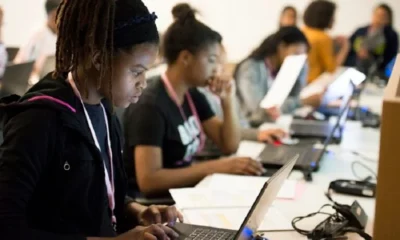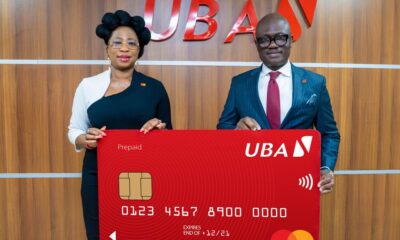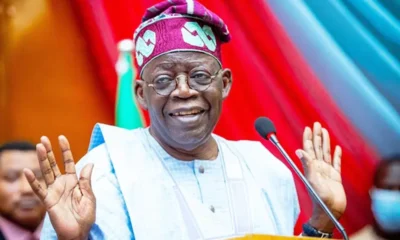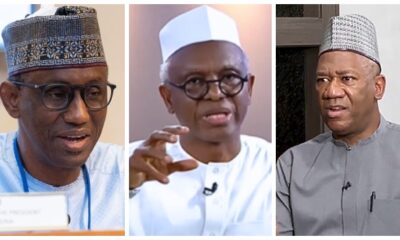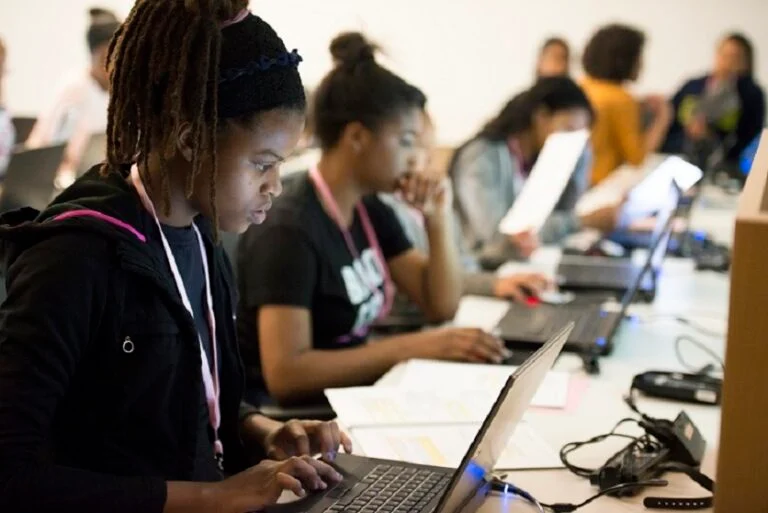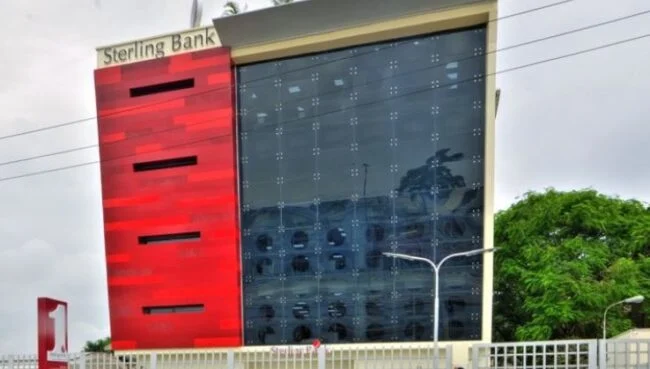…harp on the need for women to seize business initiatives
The 2024 edition of edition of the Women High Achievers Trybe (WHATRYBE) recently held at the highbrow Oriental Hotel, Lekki, Lagos on October 3, 2024 with some of the leading female entrepreneurs in Nigeria on hand to give business nuggets and ideas to the over 500 women entrepreneurs in attendance. Princess Layo Bakare Okeowo, CEO of FAE Limited and Abimbola Balogun of So Fresh Limited delivered the keynote addresses.
Key highlights of the event included:
– Panel Session 1: “Money Moves” – Etemore Glover, Sola Adesakin, and Grace Ofure discussed funding opportunities for businesses, including strategies to attract angel investors and securing financial stability for women entrepreneurs.
– Interactive Break – Attendees participated in a “Find the Clue” game, with winners walking away with exciting freebies during the tea break.
– Panel Session 2: “Brand Magnetism” – Tolulope Medebem and Dr. Olatunde Samson led discussions on the importance of creating excellent customer experiences and leveraging digital marketing for business growth.
– Grants and Prizes – Two women won grants of ₦100,000 for their businesses, and three others received free business registrations, highlighting the conference’s commitment to empowering female entrepreneurs.
– Panel Session 3: “Flame Keepers” – Mounfiq Raiyan Abu, a life sync expert, took attendees through a motivational journey, emphasizing the importance of staying aligned with one’s purpose: “Sync, not sink.” Damilola Saula, a photographer, followed with a hands-on tutorial on content creation, proving that high-quality work can be achieved without expensive equipment.
– Health Talk – Dr. Ede Edokpolo wrapped up the sessions with a health-focused discussion on managing stress and maintaining overall well-being, offering essential tips for busy women professionals.
Hosted by the charismatic Olive Emodi, the conference provided not only knowledge and inspiration but also practical tools to help women break through their challenges and build bridges to greater opportunities.
This year’s conference underscored the strength and unity of women in business and leadership, leaving attendees inspired and equipped to continue breaking barriers and building bridges in their respective fields.
The annual conference convened by fashion icon and entrepreneur; Mrs. Kiki Okewale of Hope by Kiki saw more than 500 business entrepreneurs in attendance. The event saw passionate exchanges and impactful moments as attendees explored how women can thrive in business, leadership, and personal development.
In her opening address, Mrs. Okewale charged the women to look beyond limitations and change their focus about challenges, according to her, “We all face obstacles: limited access to funding, opportunities that feel out of reach, and networks that sometimes seem exclusive. But let’s reframe how we see these challenges… When women thrive, our communities blossom.” Her words set the tone for the event, urging women to collaborate and uplift one another in business and life.
The day kicked off with a powerful meditation session led by Clinical Hypnotherapist Adeola Kingsley-James, which moved many attendees emotionally, allowing them to embrace healing and prepare for the day’s events.
The keynote address by Princess Layo Bakare Okeowo, CEO of FAE Limited, focused on “Building Generational Wealth.” She shared insights on breaking barriers and building lasting legacies, urging women to think strategically about long-term success. The other keynote address was by Abimbola Balogun of So Fresh Limited.
Key highlights of the event included:
– Panel Session 1: “Money Moves” – Etemore Glover, Sola Adesakin, and Grace Ofure discussed funding opportunities for businesses, including strategies to attract angel investors and securing financial stability for women entrepreneurs.
– Interactive Break – Attendees participated in a “Find the Clue” game, with winners walking away with exciting freebies during the tea break.
– Panel Session 2: “Brand Magnetism” – Tolulope Medebem and Dr. Olatunde Samson led discussions on the importance of creating excellent customer experiences and leveraging digital marketing for business growth.
– Grants and Prizes – Two women won grants of ₦100,000 for their businesses, and three others received free business registrations, highlighting the conference’s commitment to empowering female entrepreneurs.
– Panel Session 3: “Flame Keepers” – Mounfiq Raiyan Abu, a life sync expert, took attendees through a motivational journey, emphasizing the importance of staying aligned with one’s purpose: “Sync, not sink.” Damilola Saula, a photographer, followed with a hands-on tutorial on content creation, proving that high-quality work can be achieved without expensive equipment.
– Health Talk – Dr. Ede Edokpolo wrapped up the sessions with a health-focused discussion on managing stress and maintaining overall well-being, offering essential tips for busy women professionals.
Hosted by the charismatic Olive Emodi, the conference provided not only knowledge and inspiration but also practical tools to help women break through their challenges and build bridges to greater opportunities.
This year’s conference underscored the strength and unity of women in business and leadership, leaving attendees inspired and equipped to continue breaking barriers and building bridges in their respective fields.


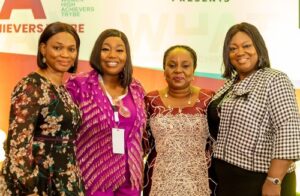
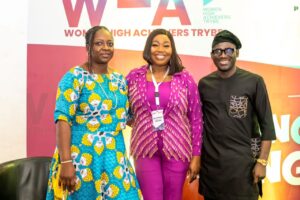
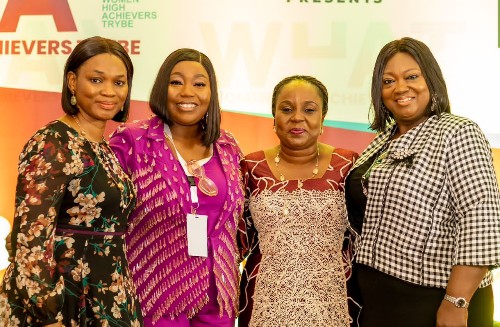

 BIG STORY3 days ago
BIG STORY3 days ago
 BIG STORY3 days ago
BIG STORY3 days ago
 BIG STORY18 hours ago
BIG STORY18 hours ago
 BIG STORY13 hours ago
BIG STORY13 hours ago
 BIG STORY3 days ago
BIG STORY3 days ago
 BIG STORY3 days ago
BIG STORY3 days ago
 BIG STORY2 days ago
BIG STORY2 days ago
 BIG STORY3 days ago
BIG STORY3 days ago










